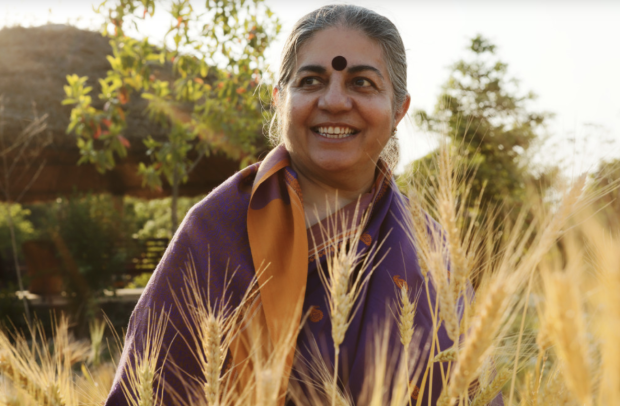‘There is no food without forest; there is no forest without collective indigenous rights’: an interview with Vandana Shiva
Discussion details
By Nicolas Salazar Sutil
Vandana Shiva is a world-renowned activist, author, and anti-globalisation campaigner from India. In a recent interview with Tenure Facility, Vandana Shiva reflected on the state of food security flux and uncertainty faced by local communities in her country.

India is often said to be a forest civilisation. Loss of forest culture is an existential threat to millions of people across this country. “My own ecological journey,” Vandana Shiva confides, “has to do with the experience of having seen the forest go.” Why is it so important to preserve cultural memory in India and ancestral ways of forest life? Quite simply, Shiva explains, because a forest food system that was once highly self-sufficient, biodiverse, and stable, has now been replaced by a system marred by deficiencies.
Instead of supporting a sovereign system of food production, the Green Revolution in India instigated the loss of food sovereignty and sufficiency, leading to a money dependent economy that resulted in poverty, malnourishment, and inequality. Loss of biodiversity is at the heart of this deficiency. A country that is said to have once cultivated more than 6,000 varieties of rice is now reduced to growing only a few chemically engineered varieties of Basmati rice and wheat.
Log in with your EU Login account to post or comment on the platform.